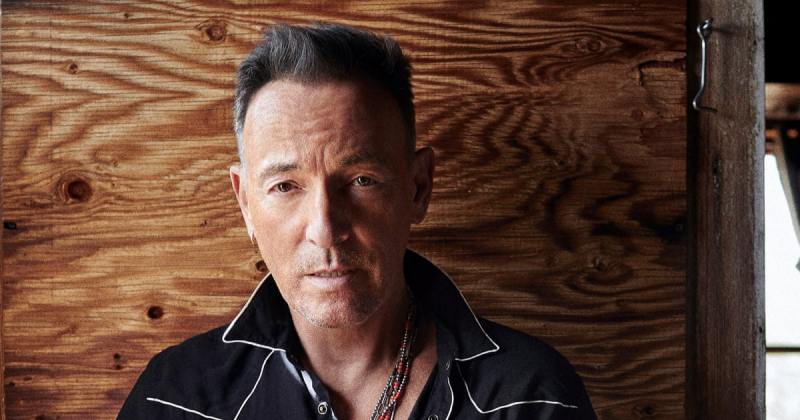Bruce Springsteen’s 17th studio album Wrecking Ball came out in the spring of 2012, some 40 years after he made his debut. On the cusp of Obama’s re-election, it entered a politically turbulent America – one whose youth was beginning to question the legitimacy of the “American Dream”, just as a young Springsteen and his peers had done years earlier.
It’s always the same cycle – younger generations see the problems in their society and they speak out about them, something Springsteen acquainted himself with in the early years of his career. His breakout album Born To Run romanticized ideas of a dream America as much as it poked holes in the real one, and has always been linked to that time of flourishing social change during the ’70s.
But that quality of political outspokenness wasn’t something you’d expect from an older Springsteen. You’d think that 16 albums on, he would have said everything he needed, and wanted to say. Think again.
Wrecking Ball was a re-instatement of that bright-eyed twenty-something year old who had the world at his fingertips and a cultural revolution to take part in. With that rigour of youth, Bruce Springsteen released an album filled with the sweet sounds of Americana folk, and regained the energy that had made him one of music’s biggest icons.
“Hold tight to your anger/ And don’t fall to your fears” he sings with devotion, on the record’s title track, as if speaking to his younger self.
“Now sometimes tomorrow comes soaked in treasure and blood/ Here we stood the drought, now we’ll stand the flood/ There’s a new world coming,” he shouts on “Jack of All Trades”, before Rage Against The Machine’s Tom Morello concludes with a rumbling guitar solo.
“[D]reams will not be thwarted … bells of freedom ringing,” he professes on fan-favourite “Land Of Hope And Dreams”. Springsteen wrote the track back in 1999 and regularly performed it with the E-Street Band before finally releasing the studio version in 2012, which can account for the spirit of rebellion that subtly dominates this record, as if given life from those ardent days of live performance.
It might not be felt in the music – much of Wrecking Ball is a melodic ballad with soft keys, indulgent guitars and relatively few moments of harsh rock ‘n roll. Yet this record still, somehow, feel very rock ‘n roll, and that’s down to the lawless spirit of liberation in Springsteen’s lyrics.
Disguised as a patriotic ode to America, Wrecking Ball was in fact the very opposite. Springsteen sings of life on the streets, of outlaws, income inequality, Wall Street, the “fat cats” against the ordinary citizens. About history. About bankers. About his hometown. About love and hope and heavy hearts. About bravery, and about the promise of a better tomorrow.
The album went on to debut at number one across the world, receiving three Grammy Nominations, including Best Song for opening track “We Take Care Of Our Own”, and Rolling Stone Magazine named it the best record of 2012.
But this album wasn’t made for accolades. It was Springsteen’s return to rebellion. Or, in his own words, an album from which “Our spirits rise/ To carry the fire and light the spark/ To stand shoulder to shoulder and heart to heart”.










